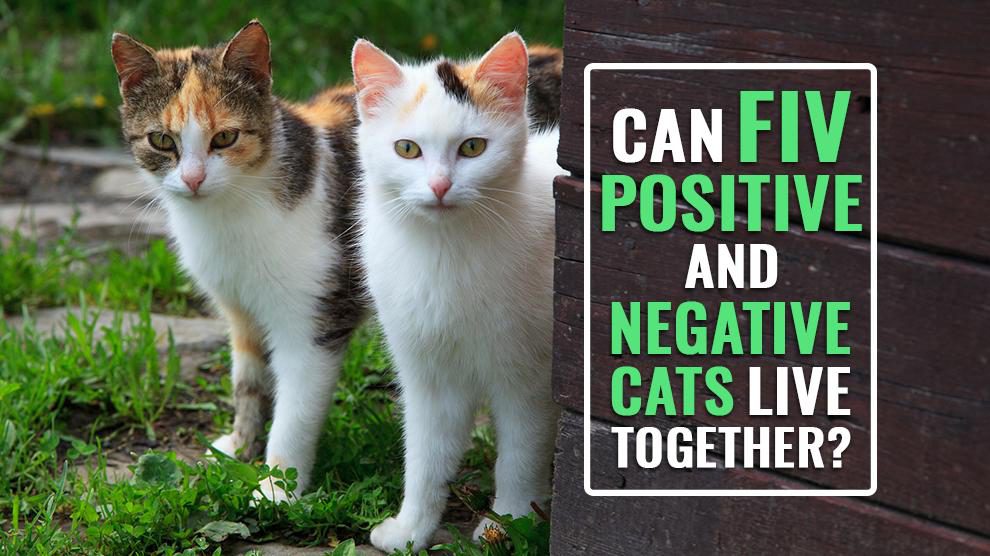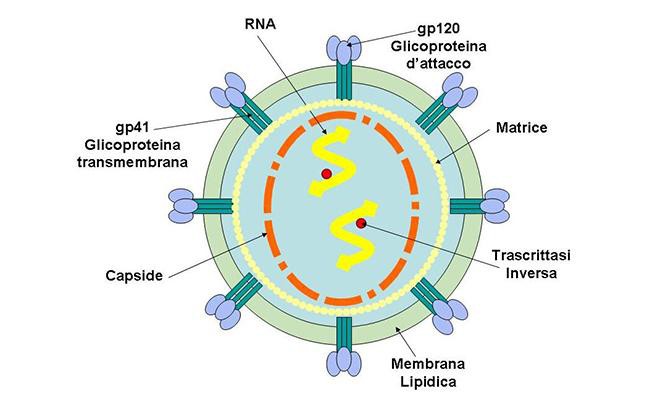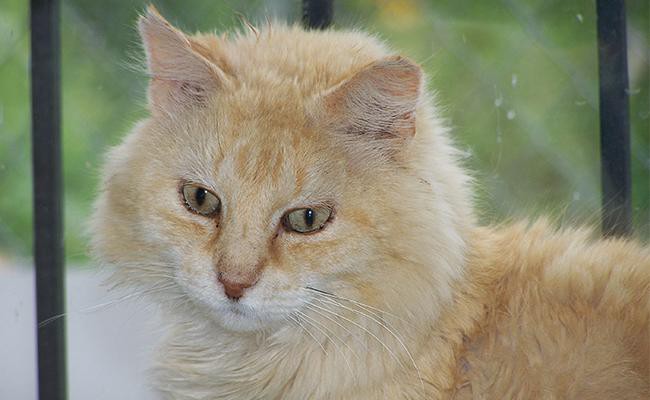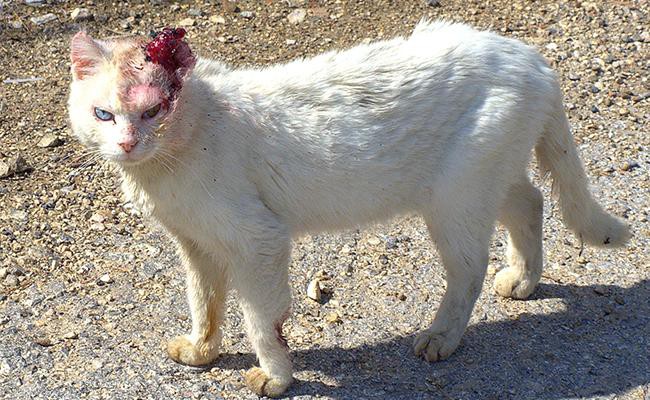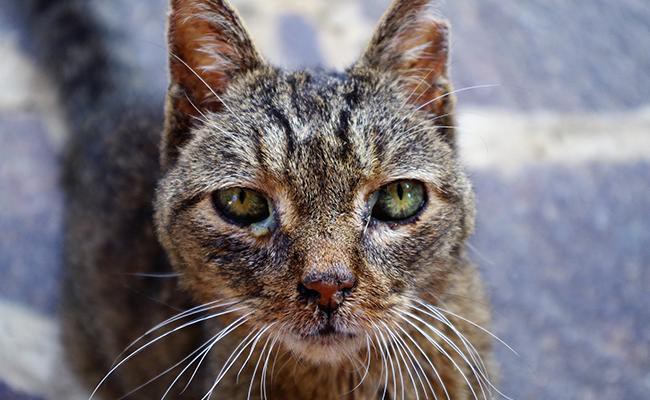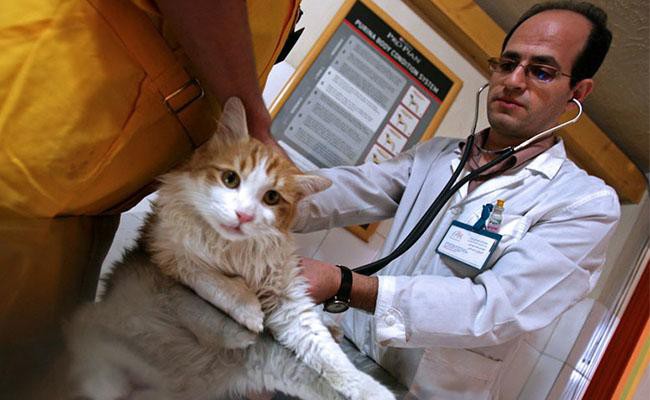- What Is FIV?
- What Are The Signs Of FIV?
- How FIV Spreads?
- Which Cat Is More Susceptible To FIV?
- How Should You Manage If You Believe Your Cat Has FIV?
- How Is FIV Disease Identified?
- What Steps You Can Take To Prevent FIV?
- How Is FIV Medically Treated?
- How Should You Take Care Of FIV-Infected Cat?
- What Will Happen If FIV Remains Untreated?
- What Is The Lifespan Of An FIV Infected Cat?
- Adopting An FIV Infected Cat
Cat Pregnancy Calculator And Timeline
Yes, FIV positive felines can lead a normal, healthy, and long lives with virtually no signs at all. However, there is plenty of misinformation doing rounds about this disease. This is one of the main reason why some vets suggest euthanizing felines who test positive. The FIV or Feline Immunodeficiency Virus affects a cat’s immune system.
So, Can FIV Positive And Negative Cats Live Together?
Researchers conducted a detailed study in different cat shelters and finally concluded this-
- Mother cats infected because of FIV can’t pass the virus
- FIV-positive felines can safely live with FIV-negative felines and not affect FIV negative felines
Cat rescuers and lovers have been advocating this fact for many years.
What Is FIV?
It is in the same category as an HIV virus but this is a feline-only disease. FIV cannot affect animals or humans. It is a species-specific virus.
Being a slow virus, FIV will take a lot of time to weaken a cat’s immune system.
The affected cat can suffer from a fully compromised immune system or can become an FIV carrier, or become totally immune.
FIV has been infecting cats for a long time and the virus reduces the white blood cells making the cat more prone to infections.
Most people mix both FeLV with FIV. Yes, both these virus cause similar side-effects, FIV and FeLV are different diseases.
What Are The Signs Of FIV?
An FIV-affected feline may not display any signs for years. Once signs do show up, however, they may show signs of virus interspersed with robust health for years or may rapidly progress.
If you find your cat, showing these signs, please take it to your local veterinarian for examination-
- Change in behavior
- Frequent urination
- Leakage from nose or eyes
- Sneezing
- Injuries that refuses to heal
- Hair loss or skin redness
- Dental disease
- Stomatitis
- Gingivitis
- Conjunctivitis
- Diarrhea
- Poor intake of food
- Shabby coat
- Weight loss
- Anemia
- Fever
- Enlarged lymph nodes
How FIV Spreads?
FIV is mainly transmitted from feline to feline through a deep bite or cut wounds. These injuries occur during territorial supremacy and aggressive fights.
The second way is passing the virus from an affected mother to her kitten. You may perceive the question, can FIV positive and negative cats live together? This virus is not known to pass through casual contact, sneezing, social grooming, and sharing litter boxes, and food bowls.
Which Cat Is More Susceptible To FIV?
Any cat is prone, outdoor, wandering male felines who get into frequent fights easily infect the virus. Felines who live indoors are safe compared to those living outdoors.
How Should You Manage If You Believe Your Cat Has FIV?
If you believe your pet has FIV, take him to a vet and get him tested. During your visit, explain any signs that you suspect, no matter how small they seem.
Take efforts to keep your pet indoors, particularly away from cats who might be affected, until a clear picture emerges.
How Is FIV Disease Identified?
FIV is mainly identified by testing the suspected cat’s blood. The status of every pet should be tested.
The test mainly checks the growth of antibodies in fighting the virus in the cat’s blood. Bear in mind, the test results are subject to change and the vet will decide whether more testing is required to confirm the outcome of the test result.
Once a vet confirms that the cat is infected, then that pet is capable of infecting the virus to other cats.
What Steps You Can Take To Prevent FIV?
FIV vaccines are available in the market but the impact of the vaccine cannot be guaranteed. Furthermore, these vaccines can affect testing.
Talk to your vet and decide if FIV shots are the best way forward.
Irrespective of your cat’s health, it is necessary to stop your cat from infecting the virus. Always keep your cat on a leash while walking outdoors.
If your cat wishes to spend time in a place with cats, you should confirm whether all the cats are FIV negative.
All newly adopted cats must be first tested for FIV even before entering your home.
How Is FIV Medically Treated?
There are no exact antiviral medications for FIV. The treatment mainly treats the side-effects and works to ease the severity of the virus.
Your vet can suggest these medications-
- Parasite treatment
- Immune-enhancing drugs
- Anti-inflammatory drugs
- Fluid and electrolyte replacement therapy
- Palatable, healthy diet to encourage good progress
- Treatment for secondary medications
How Should You Take Care Of FIV-Infected Cat?
- Make sure your cat is neutered or spayed.
- Give your cat a well-balanced diet– no raw foods to avoid parasites or bacteria.
- Take your cat to your local vet not less than two times a year for a urine checkup, blood count, and general health checkup.
- If you suspect even minor changes in your pet’s behavior or health, report health issues to your vet.
- Keep them safe indoors.
What Will Happen If FIV Remains Untreated?
Without adequate medications, the side-effects that can crop up can lead to life-threatening situations. Most importantly, cats with FIV are easily prone to different types of cancer, blood-related diseases, or kidney failure, which can limit the cat’s lifespan.
What Is The Lifespan Of An FIV Infected Cat?
A cat who tests FIV positive will still boast of a powerful immune system for many years. With excellent love and care, many FIV positive cats have healthy lifespans.
Nowadays, it’s not difficult to see FIV positive cats living 15 years. A 10-year study revealed that FIV infection rarely affects a cat’s lifespan.
Getting killed in an accident is more compared to the percentage of a cat killed due to FIV.
Adopting An FIV Infected Cat
A healthy FIV infected cat can lead a normal life for a long time, and some cats outlive FIV negative cats. FIV positive cats always need prompt and effective vet assistance.
One study revealed that FIV positive cats die because of euthanization since no one is coming forward to adopt these cats, then from the side effects of the virus.
Can FIV Positive And Negative Cats Live Together?
A study reveals that FIV negative and positive cats can live happily together despite sharing the same bedding, litter boxes, bowls, and engaging in grooming.
The vast population of cats after neutering have no reason to bite other felines.
The Bottom Line
FIV disease is mired in controversy, and because of this, too many cats end up being killed or euthanized.
These studies reveal that FIV positive cats are safe to live with. More such research can help shelter staff and veterinarians to recommend cat lovers to make educated decisions.

